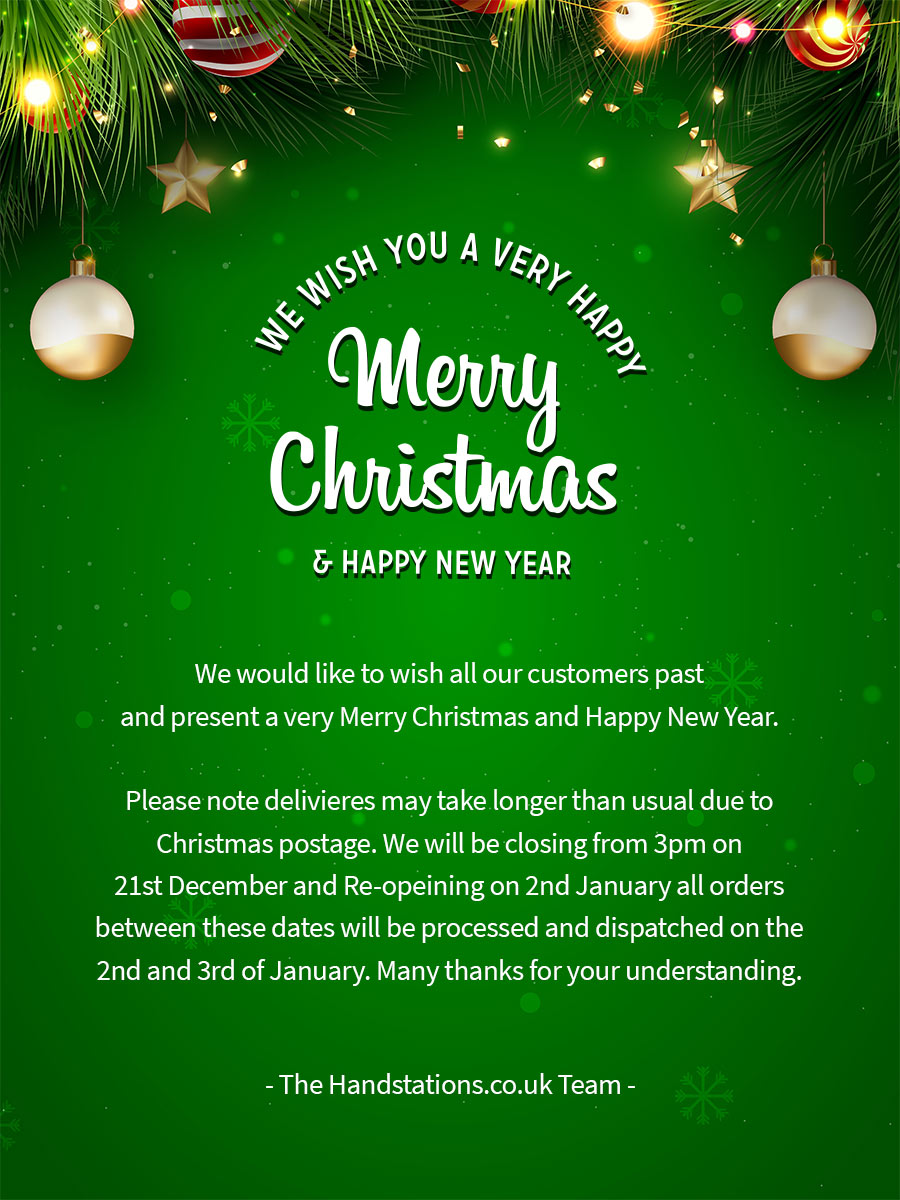
With various COVID-19 tests, such as molecular and antibody tests on the market, it might be challenging to determine which works best. So, which COVID-19 tests can you rely on to give you the best results?
Currently, there are two types of COVID tests: viral tests to check for current SARS-CoV-2 infections and antibody tests to check for previous infections. When it comes to COVID test accuracy, both test types are effective.
For viral tests, we have molecular and antigen tests. Molecular tests are more reliable when it comes to accuracy, but antigen tests are more reliable in terms of speed.
On the other hand, antibody tests are the most dependable for detecting previous infections.
The two types of tests for the current infection of COVID-19 are reliable but excel in different areas. Here is a breakdown of both test types.
Molecular tests have various names, such as viral RNA tests, PCR tests, or nucleic acid tests. These tests are carried out using a throat or nasal swab, saliva sample, or a sample from other bodily fluids. While you can use various samples for this test, a nasal swab is advisable because it lowers the odds of a false negative result.
In the past, you could only visit a lab to get this test done. However, you can now carry out the test from the comfort of your home, in an office, or a school. That said, you must send the sample to a lab to collect results, and getting feedback could take hours to days, depending on the lab and amount of samples sent in.
Essentially, molecular tests are designed to detect genetic material that can only be found with the virus. To detect this material, a substance is added to the test sample which multiplies the viral RNA to the point where the test can trace it.
These tests are highly accurate, and the number of false negatives varies based on how long you have had an infection.
According to a study done, the rate of a false negative result reached 20% when the test was carried out five days after signs of infection occurred. However, the rate reached up to 100% in the earlier stages of the infection.
On the other hand, false-positive rates were nearly zero. In fact, most people believe false positives are caused by contamination or other issues that have nothing to do with the actual test.
Antigen tests are similar to molecular tests in terms of test samples (throat or nasal swabs). These tests have similar technology to pregnancy tests and provide quick results.
Unlike molecular tests, antigen tests are easily accessible, and you can get results within 15 to 30 minutes, which is why they are also called rapid tests. Additionally, you can carry out the test without the help of a healthcare provider or the need to send it down to a lab.
Antigen tests do not detect genetic material from the COVID-19 virus. Instead, they detect proteins (antigens) from the virus.
Are rapid covid tests accurate? Although antigen tests produce quick results, they sacrifice accuracy to do so. These tests tend to produce more false negative results than molecular tests.
Hence, the FDA and other experts do not recommend using antigen tests once. Rather, to increase rapid antigen test accuracy, you should use duplicated antigen testing (48 hours after the first test). That said, false positive rates of this test type are nearly zero (just like molecular tests)
The best way to test for past infection is with an antibody test, also known as serology testing. Unlike molecular and antigen tests that detect active infection, antibody tests screen to confirm if a patient has had a previous infection. Using this information, professionals can detect an individual’s immunity to COVID-19.
These tests work by searching for antibodies your body’s immune system created to combat SARS-CoV-2.
Keep in mind that your body makes antibodies after the infection has taken place. Hence, you cannot use an antibody test to detect active infections, you can only use it to accurately confirm past infections.
Results for this test come out in a few days, and they are typically accurate. However, if you take an antibody test prematurely, you might get a false negative result. That fact aside, false negatives are around 20%, and false negatives vary between 0 to 30% based on the study conditions.
Accuracy and speed are two major factors to consider when choosing a COVID test. Two more factors to consider are the purpose of the test and prices. Firstly, there are tests to detect active infections, and there are tests to detect past infections. So, you need to consider what you are testing for before you choose.
Another factor to consider is price. A reason why antigen tests are popular is due to how affordable they are. You can easily purchase a single antigen test kit for under £2. However, a molecular test could cost you over £50.
Various COVID-19 tests detect the virus differently. Some test to see if you are currently infected, while others check to confirm if you had it in the past and if you have immunity.
The most reliable test for present infection is a molecular test. While rapid COVID test accuracy is not as high as molecular test accuracy, a rapid test produces faster results.
If you want to test for past infection and confirm immunity, then antibody tests are the most reliable option.
Emir Limam – E11 Group B.V. Netherlands – Fraudster
24 May 2023When to Take a Test After Covid Exposure?
30 January 2023A Rapid Antigen Test vs a Lateral Flow Test for Covid-19
30 January 2023